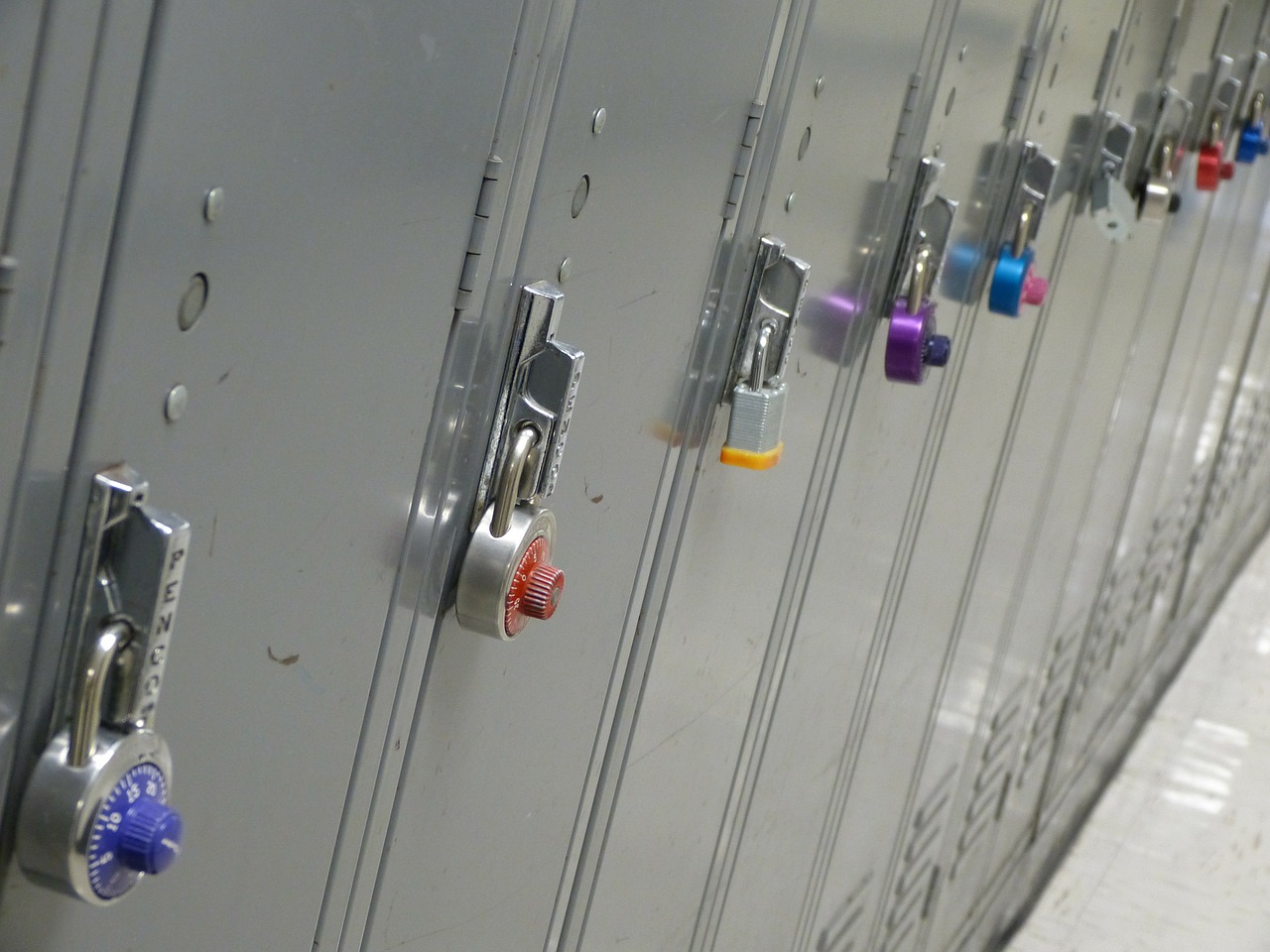I was recently deeply saddened to learn of the passing of a young high school football player in Florida who was set to enroll at Georgia Tech on a football scholarship. His death was ruled a suicide. Some of his surviving loved ones pointed their fingers at the immense pressure that he felt. We will never really know what made him take his life, but it’s a tragedy that speaks volumes about what’s happening in our society.
Study points to student-athlete suicide rates
A 9-year study by the National Collegiate Athletic Association found that suicide is the third leading cause of death among NCAA athletes. The results cited 35 cases of suicide were identified from a review of 477 student-athlete deaths during 3,773,309 individual participant seasons. It went on to summarize, “NCAA male athletes have a significantly higher rate of suicide compared with female athletes, and football athletes appear to be at greatest risk.” I also have to point out that this same study concluded, “The suicide rate in NCAA athletes appears to be lower than that of the general and collegiate population of similar age.”
What’s behind student-athlete mental health issues?
In two words: pressure and expectation. To help put what these athletes are facing into perspective, here’s a quote from another article on student-athlete suicide rates:
“Athletes at a high level are driven at a high level, and that sort of high expectation can lead to a really low tolerance for failure. And someone who may not have the maturity to deal with that sort of paradox split between their expectation and what they are actually doing, they may have that sort of negative thinking sort of final thought of I’m going to give up completely.”
Bruce Conn, a licensed marriage and family therapist at Coliseum Medical Centers
But, that’s not all. Some athletes feel driven to succeed out of a need to provide for their family because it’s what expected of them. Others are trying to follow in the family line of athletes. Some are trying to pave their way out of a poverty. Many don’t want to disappoint their parents. Some feel like they have been training their whole life for their sport and so they better perform so as to not disappoint anyone. There are so many different scenarios. Their whole world is their sport and all of the expectations that includes. So, things like social media, highlight reels, playing time, star ratings, etc. tremendously impact their psyche. Then there are the athletes who are facing the fact that their athletic career is coming to an end, and they have no real plan for what’s next.
How can we help out student-athletes mental health?
This isn’t just a program problem. This is a community problem. It’s an environment problem.
We have to make the conversation okay. We have to ask questions. We can’t assume they are doing well and thriving just because they are performing well in their sport. We have to talk even when we don’t think they are listening.
Try asking your student-athlete questions like:
- How are you feeling today? Mentally? Emotionally? Physically? Spiritually?
- What’s going on at home?
- What’s going on at school?
- What’s going on with your friends?
- If you could get help with one thing outside of your sport, what would that be?
We have to let these students know that we have their back—and the experience to know that things will be okay. We have to guide them to understand this in ways that make sense to them. We have to address them as individuals.
If you’re struggling, I want you to know that challenges are inevitable but all roads point somewhere important. I know first hand that resiliency doesn’t always come easy. I also know from experience that sticking through it and committing to getting through the things that seem insurmountable is always, always worth it. It’s more than possible to come out on the other side and thrive. Even when things appear to be hopeless, just hang on. Your story has an entire lifetime to unfold and to be told. Plot twists are inevitable. Happiness always follows pain. It will always be okay. Just breathe and trust that the clouds will lift. And most importantly, reach out for help. Your life is worth infinitely more than the protection of your ego.

